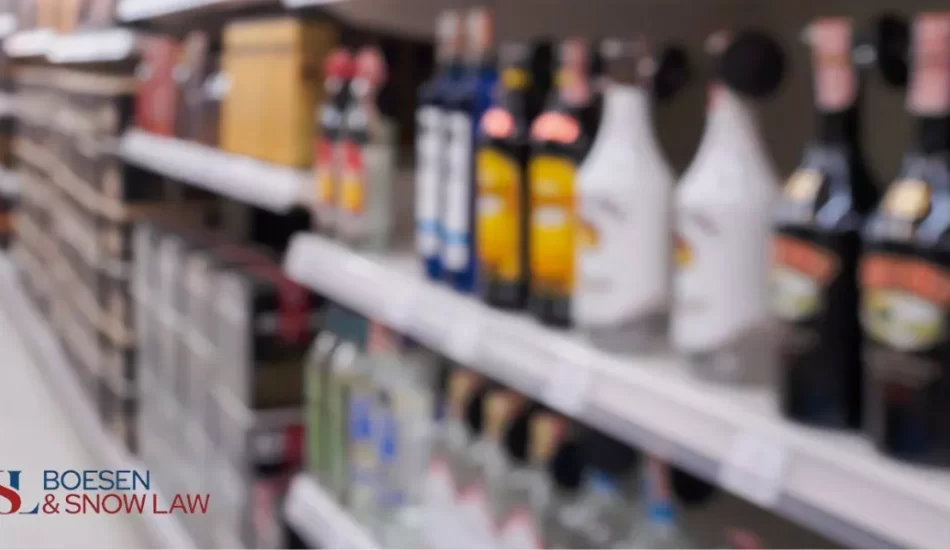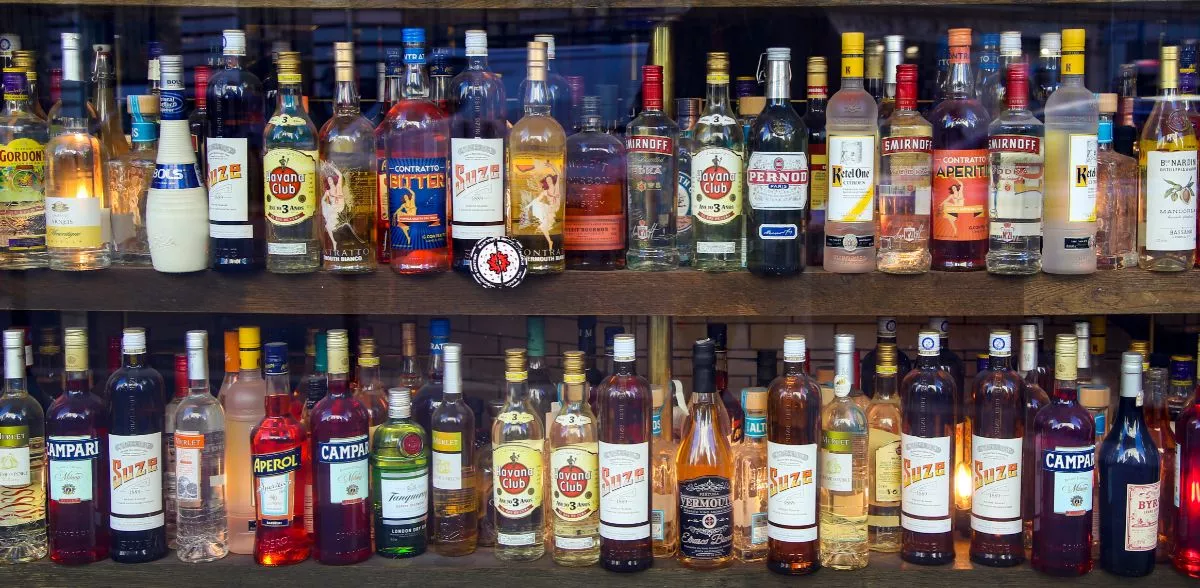Serving Clients Nationwide.
Schedule A Consultation
Types of Liquor Licenses in Arizona

Types of Liquor Licenses in Arizona
Anyone opening a new business that sells liquor has to deal with red tape at the city, county, and state levels. Failing to fill out paperwork on time or missing an important deadline could mean costly delays for your business. If your new restaurant or store plans on selling alcohol, having a liquor license on time is critical. This is where an Arizona liquor license attorney can help.
An experienced attorney can provide legal consulting to help businesses prepare and file their applications for liquor licenses or renewal requests. If your company is in danger of being in violation of state regulations, a lawyer can help your bar or restaurant remain in compliance with those laws.

Liquor License Basics
While some states control and operate liquor stores and warehouses, Arizona is a license state. Businesses are free to make, distribute, and sell alcohol if they have the proper liquor license from the Arizona Department of Liquor Licenses and Control (DLLC), which regulates the sale of liquor in our state. The board is managed by seven governor-appointed members who serve three-year terms. The board members adopt rules, grant or deny applications for licenses, and conduct hearings.
If your company plans on selling or distributing alcohol, most of your applications will go through the Arizona Department of Liquor Licenses and Control. Fortunately, liquor license attorneys are familiar with the state liquor laws and how to properly request a liquor license.
The Arizona Department of Liquor and Control oversees applications for liquor licenses and offers an online e-filing system to expedite requests. Common licenses include:
- In-state producer
- Out-of-state producer
- Out-of-state craft distiller
- Out-of-state farm winery
- Out-of-state microbrewery
- Bar application
Understanding which type of license to apply for isn’t always straightforward. For example, an event that sells alcohol may require a different license than one that auctions bottles of wine for a fundraising event. Applying for the wrong license could lead to serious setbacks for your event or business.
Even the application process must be completed carefully to avoid a rejected application. For example, any business owner with a recent felony may be blocked from applying for or renewing a liquor license until a set amount of time elapses. When in doubt, trust the paperwork to an Arizona liquor law attorney.
How Might My Restaurant, Store, or Bar Be Liable for a Liquor Law Violation?
Violations of Arizona’s liquor laws are serious and can lead to the suspension of a liquor license or worse. Unlawful acts subject to penalties include:
- Selling or distributing alcohol without a current liquor license
- Mislabeling wine as “Arizona wine” when 75% of the grapes used by volume are not from Arizona
- Displaying a firearm during a liquor-related event
- Allowing stolen items on the premises where liquor is sold
- Allowing the use of dangerous drugs or un-prescribed opioids on liquor store premises
- Drinking contests
Some of these violations could lead to criminal charges, while others may result in civil penalties like fines or the rejection of the store’s liquor license. One effective course of action is to prevent violations from happening in the first place by trusting an experienced attorney to ensure compliance with local and state liquor laws.
FAQs
Q: Do I Need a Liquor License for My Charity Event?
A: Yes. If your event intends to serve alcohol or sell alcohol for consumption later (usually through an auction), then you will need a special event liquor license. This temporary license allows qualified organizations to serve beer, wine, beer, or spirits for consumption. The two types of special events that you must obtain a license for are on-sale events and off-sale events.
If your event plans on auctioning items that could include alcohol, you may require an off-sale special liquor license. If you are unsure, an experienced liquor license attorney can help you navigate the options.
Q: How Many Different Liquor Licenses Are There in Arizona?
A: As of 2024, there are 21 unique liquor license types in Arizona. These provide for the legal sale of alcohol at a variety of locations. Airplanes, boats, trains, restaurants, liquor stores, and any store that sells alcohol may require a specific form of license. Given the complexity of the state’s liquor regulatory system, many bar and restaurant owners opt to hire a trusted law firm to handle applications for a liquor license.
Q: What Is a Series 12 Liquor License in Arizona?
A: A Series 12 Liquor License is used by restaurants to sell alcohol. The license allows for consumption on premises only. Restaurants must maintain 40% of gross revenue from sales of food. Any restaurant that exceeds this amount could have its license revoked. Maintaining the ratio of food-to-alcohol allows regulators to differentiate bars and restaurants, and bars and restaurants are subject to inspections to ensure the food-to-alcohol ratios are accurate and within state guidelines.
Q: How Much Is a Series 5 Liquor License in Arizona?
A: The Series 5 Liquor License is used by government institutions like public universities or any city entity. As of 2024, the nonrefundable application fee for this license is $100. Once accepted, the full annual fee for a Series 5 Liquor License in Arizona is $200 for a full year and $150 for a half year. Annual renewal fees are $170.
Q: How Hard Is It to Get a Liquor License in AZ?
A: With the right legal guidance, successfully applying for any license can be a straightforward process. There are more than 20 unique licenses, and many of them potentially overlap. A liquor license attorney is trained to help business owners navigate Arizona’s liquor laws so there are no rejected application filings.
Schedule Your Liquor License Attorney Consultation Today
State laws governing liquor licenses can be complicated to understand. Applying for the wrong license or failing to fully or correctly complete the application process could lead to application rejections or late filing fees.
One way to ensure that your business is able to open on time or renew its license promptly is by hiring a trusted liquor license lawyer to handle the paperwork. Our attorneys can provide a consultation to ensure that your business is in compliance with local and state laws. Contact our office today to schedule your consultation.
Schedule a Free Consultation
Fields marked with an * are required

